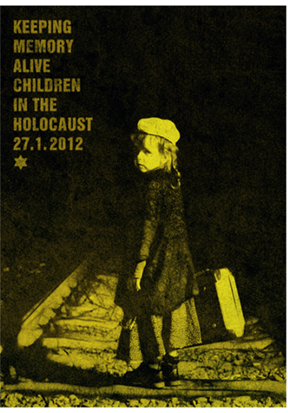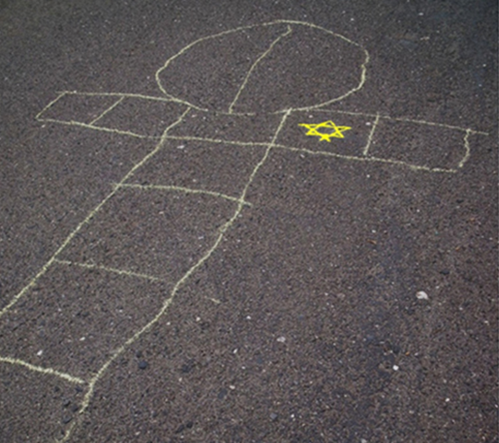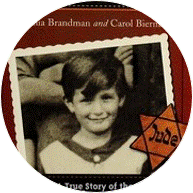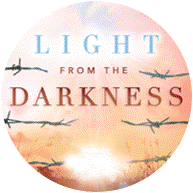How to Talk to Your Children about the Holocaust
Ages 5 and up
Most importantly, be open to all their questions.
This is a difficult subject and may bring up difficult questions. Allow your child to ask these questions. Avoiding questions makes them seem scarier than they need to be.
Be open to discussing what they have heard in class and listening to their feelings. Don’t be surprised if one of the feelings they express is anger.

Try to keep your answers age-appropriate.
Remember that we are not trying to upset our children or to make them cry.
Remember that it is not necessary for children to know the whole story at every age. They will learn the whole story eventually.
What if they ask questions that are not age-appropriate?
- You may find that some of the questions they ask do not have age-appropriate answers (for example, they may have heard something from older students).
- Answer the questions with short, flat answers (for example, “Yes, that’s true”). These types of answers, if delivered in a flat tone of voice, tend to discourage further questions.
- It is important to always answer the questions, however, and to not give the children the idea that they have brought up something that is shameful or is too scary to discuss.
With younger children, try to maintain some safety nets.
Here are some examples of how to help children maintain a feeling of safety while discussing the Holocaust, depending on the age of the children:
- All the children in the stories for the
elementary schoolers survived: most are grandparents now. - This happened a long time ago, in a faraway land.
- The children in the stories for the younger students (grades K-4) still had intact, loving families.
- Even the children on the Kindertransport or living in the ghetto (grades 5-6) had parents who loved them, even if they had to send them away.
Remember that an intact family and loving parents make an enormous difference to the security of a child.
Do not ask your children to try to understand how it felt to experience these things.
We and our children cannot understand how the victims of the Holocaust felt in the situations they experienced. This is a good thing
Trying to make our children put themselves emotionally in the place of the victims is unnecessary and traumatic. It is better to try to get our children to empathize with the victims.
Do not ask “How do you think you would feel?” Ask rather “How do you think they felt?”

Ask for help.
Do not feel like you have to do this by yourself. It’s okay to say to your child “I don’t know, let’s ask your teacher.”
This has to be a joint effort. The teachers and administrators at your school can help you. So can we.
But we have to do it because we must remember.




